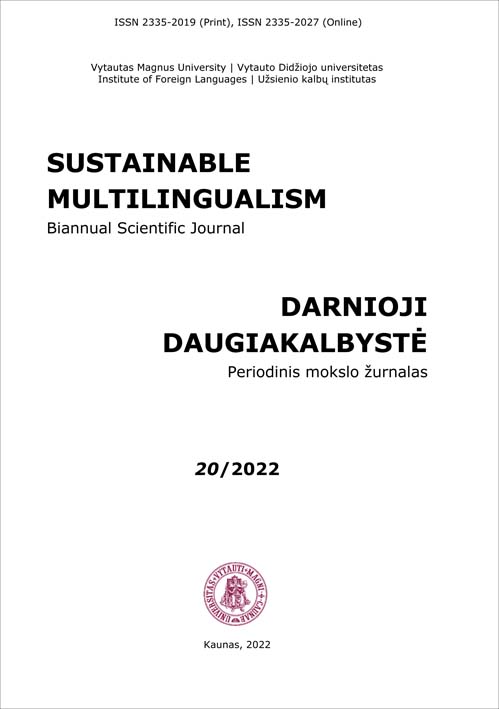Linguistic Hegemony and English in Higher Education
Linguistic Hegemony and English in Higher Education
Author(s): Abdallah Al-Kahtany, Munassir AlhamamiSubject(s): Politics / Political Sciences, Language and Literature Studies
Published by: Vytauto Didžiojo Universitetas
Keywords: Language of instruction; Language rights; Linguistic hegemony; Linguistic imperialism; Mother language education;
Summary/Abstract: Linguistics hegemony, linguistics imperialism, and linguistic colonialism are serious issues that have not gained enough attention in applied linguistics research. English as a medium of instruction (EMI) in non-anglophone countries is a type of linguistics imperialism (Phillipson, 2018). EMI policy has led to adverse outcomes in several aspects such as low achievement of learning outcomes, challenges to students' identity, limited access to educational resources, unjust treatments, and unfair assessment in undergraduate programs. This research study investigates the views of students and academic experts using questionnaires and interviews. The data were analyzed both qualitatively and quantitatively. The findings of this study demonstrate the lack of educational justice and the strong connection between linguistic hegemony and the colonization of consciousness. The findings show that participants in EMI programs do not engage in authentic, rigorous, and fun learning. Decisions to use EMI are either based on fallacies regarding the nature of language, on fuzzy assessment of educational priorities, or both. We strongly encourage applied linguists, language policymakers, and university administrators to play significant roles in challenging English hegemony and English supremacy to promote educational justice, equal opportunities to learn, and fair treatment in EMI undergraduate programs around the globe, especially in non-anglophone countries.
Journal: Darnioji daugiakalbystė
- Issue Year: 2022
- Issue No: 20
- Page Range: 18-45
- Page Count: 28
- Language: English

